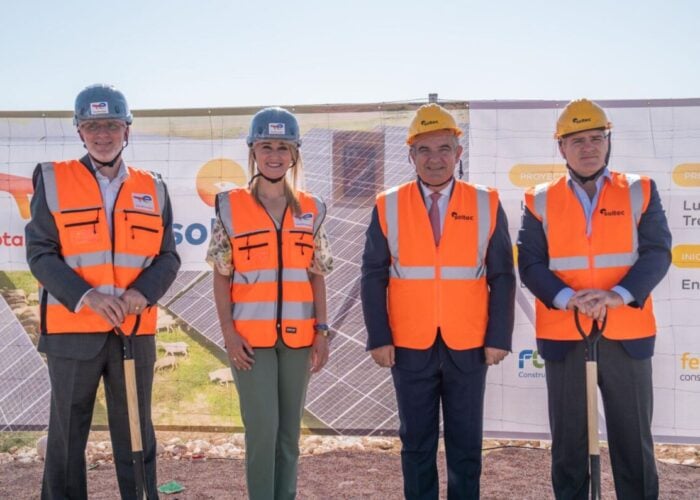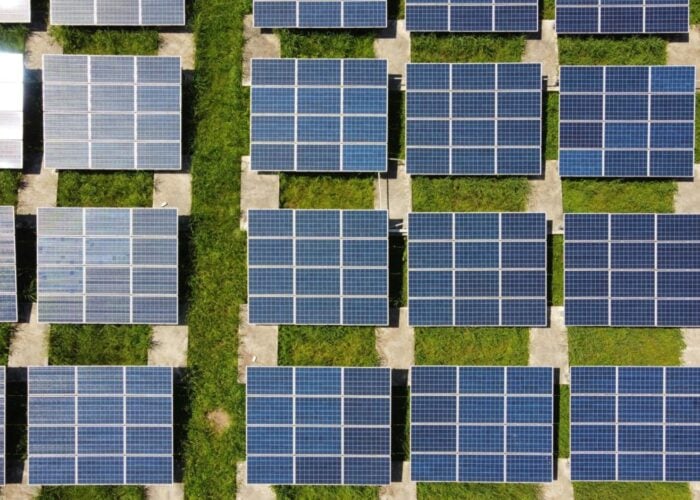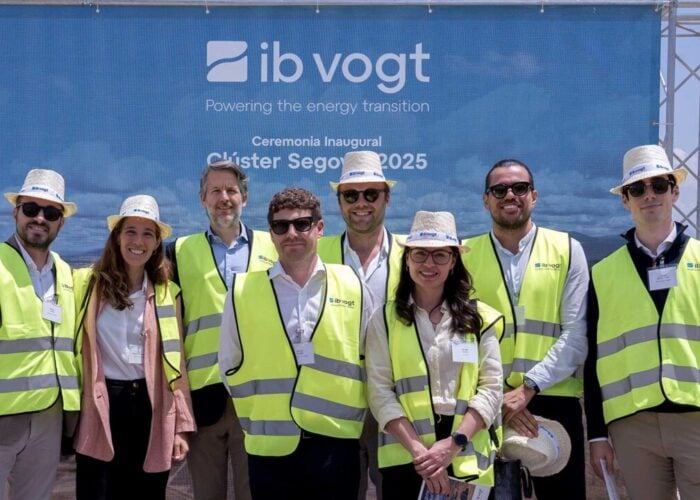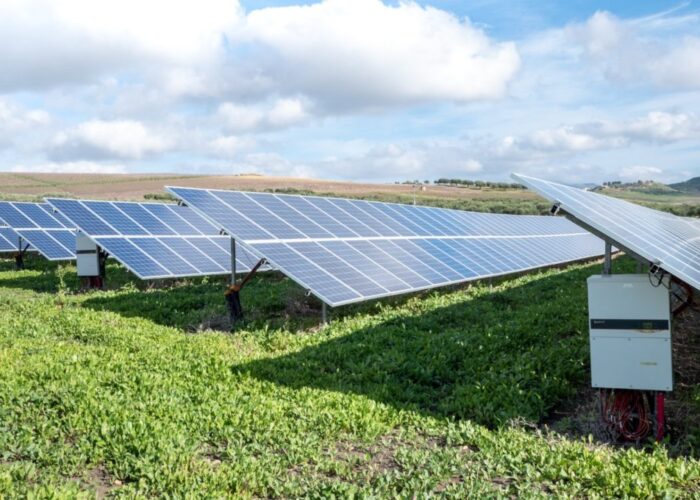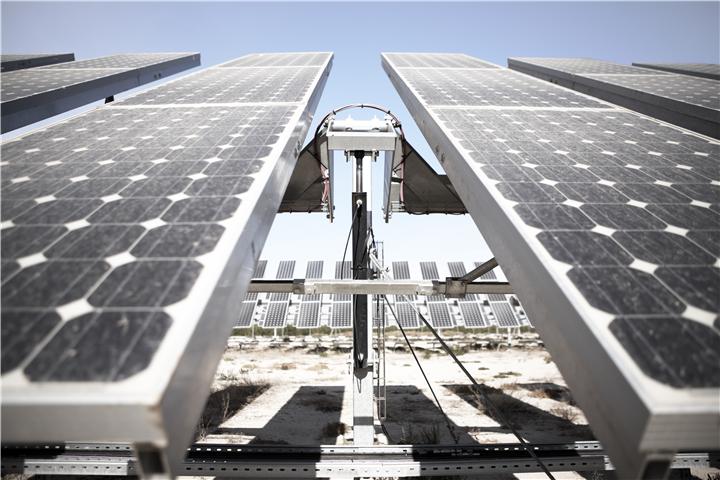
Spain has made the second of four steps necessary to carry out its 2-3GW renewable energy tender by passing a ministerial order, but the country’s main solar association has taken issue with with what it believes is a blatant favouring of wind energy in what should be a technology neutral auction.
Jose Donoso, general director of Spanish PV association, UNEF, told PV Tech that solar has inferior conditions in the tender.
Unlock unlimited access for 12 whole months of distinctive global analysis
Photovoltaics International is now included.
- Regular insight and analysis of the industry’s biggest developments
- In-depth interviews with the industry’s leading figures
- Unlimited digital access to the PV Tech Power journal catalogue
- Unlimited digital access to the Photovoltaics International journal catalogue
- Access to more than 1,000 technical papers
- Discounts on Solar Media’s portfolio of events, in-person and virtual
The government has introduced a floor price so that developers will not be able to bid below a certain price, which would raise the chances of there being a tie in the lowest bids. Simultaneously, there is measure dictating that if there is a tie in bids then projects with greater hours of operation will be awarded ahead of those with lower operating hours. This would therefore benefit wind.
UNEF wants this floor price to be cancelled so that developers can offer a bid as low as they are willing to go. It claims that going for the cheapest prices will also be better for the overall energy system and for the consumer. Moreover, as things stand, Donoso said it “will not be a fair tender”.
One industry insider told PV Tech that it is a pity that the tender has become a battleground between wind and solar, with the Ministry clearly in favour of wind.
Indeed, last week the PV industry was appalled when the minister for energy Alvaro Nadal announced in the senate that he expected wind to have enormous success in the tender. Donoso said this was not the action of an impartial minister, when dealing with two technologies.
UNEF held an extraordinary meeting last Friday to test the opinion of all its associates, which resulted in a unanimous decision to request the Supreme Court to apply “precautionary measures” against the renewables auction. This could result in suspension of the tender.
The association now hopes that the passing of two Resolutions, the final steps toward the tender, will include changes and give more equal conditions to wind and solar.
Donoso said: “The government will reflect a little bit and play a more impartial game, we hope. If this is not the case, when the two final resolutions [are] approved we will go to the Supreme Court with our resentment.”
Spain kicked off the four-step process towards issuing the tender by passing a Royal Decree last week. The 2GW auction could be extended to 3GW depending on the competitiveness of the auction.
Anpier denounces tender favouring electricity ‘oligopoly’
In related news, Spain’s National Association of Photovoltaic Energy Producers (ANPIER) has gone a step further by claiming that country's huge renewables tender is part of state attempts to privatise electricity generation by allowing only a small group of companies to benefit from generating solar power, while the average consumer is blocked from self-consumption of solar by the infamous ‘Sun Tax’.
The association claimed that the tender is protecting of the oligopoly of electricity generation in Spain by favouring large-scale capacity, since competing projects offering the same price will be awarded on the basis of which one has the highest generation. This leaves little space for individual citizens to take part with small-scale systems.
Miguel Ángel Martínez-Aroca, president of ANPIER, said: “Our country is on the road to a renewable, but not a social, energy transition, with all the damage it entails for the general interest.”
ANPIER recently opened a permanent office in Brussels to help direct European Union policy on renewables by publicising the historic financial suffering of thousands of Spanish solar consumers at the hands of retroactive legislative changes.


